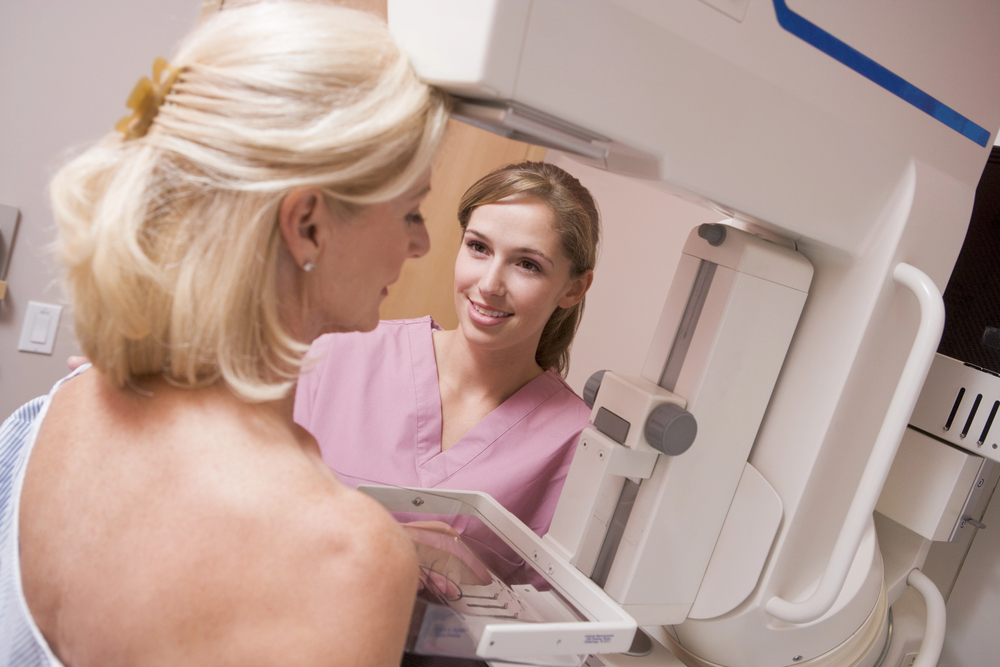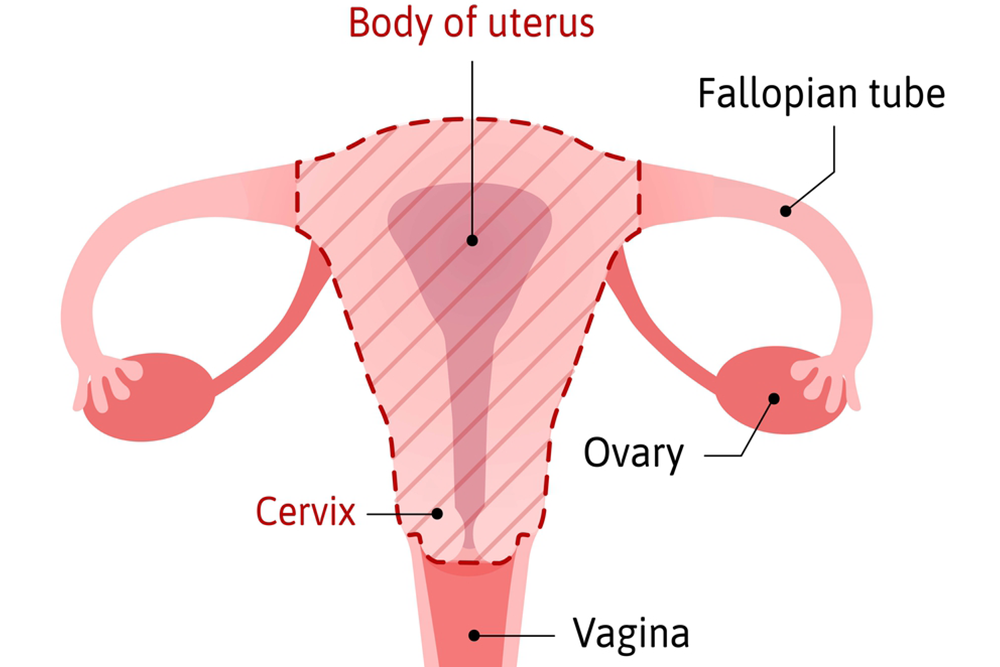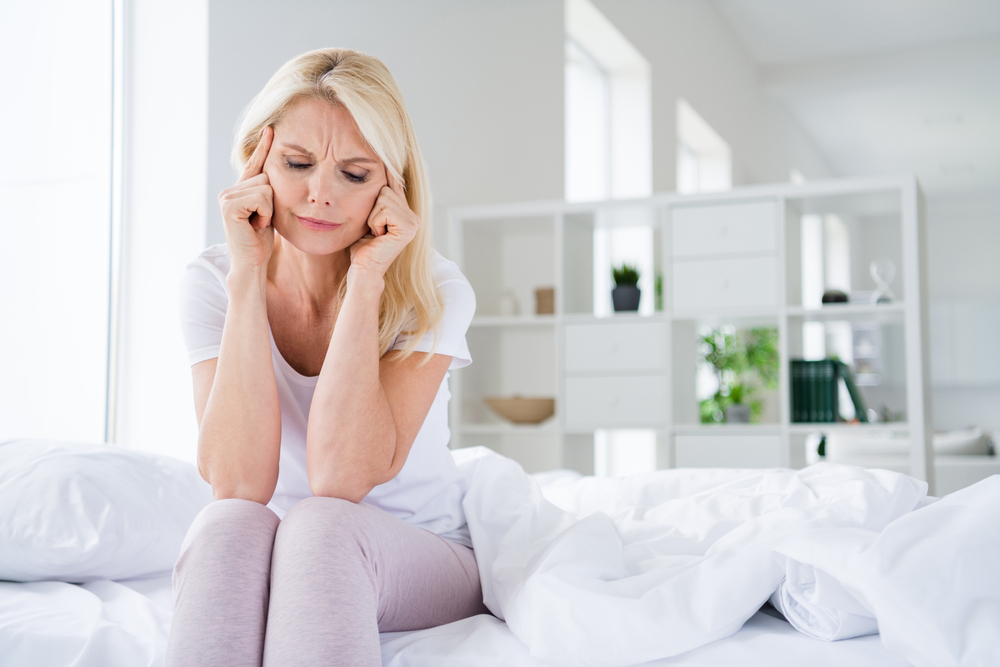
Understanding Your Mammogram Results
Interpreting mammogram results can be an emotional and confusing process for many women. These results...
Read MoreAn average menstrual period lasts 2-7 days, with the complete menstrual cycle lasting 21-35 days. Most women don’t look forward to their periods, because they can cause cramps, bloating, mood swings, and more.
But a “normal” period can vary greatly from woman to woman. Some women experience painful cramps every month, while others suffer cramps only occasionally. These variations can make it hard to recognize when your period symptoms are too severe to be considered normal.
The OB/GYN team at The Women’s Center are trained in diagnosing and treating heavy periods. Bothersome period symptoms are common, but you shouldn’t have to live with heavy bleeding and pain that disrupt your life. It’s time to find out if your periods could be a sign of a common condition called endometriosis.
Every woman experiences different symptoms during her menstrual cycle. And for most women, those symptoms change from month to month. Your menstrual cycle may bring with it a range of unpleasant symptoms from cramps and bloating to mood swings and fatigue.
Heavy periods are common, but up to two-thirds of women don’t seek treatment because they don’t know that their symptoms aren’t normal. The intensity of your period symptoms fluctuates — but certain symptoms can indicate an underlying condition.
Signs that your menstrual period is abnormal might include:
If you regularly suffer intense menstrual cramps or very heavy bleeding, it’s time to visit the doctor. At The Women's Center, our highly trained OB/GYN team is here to diagnose the cause of your heavy periods and find a treatment plan that gets you back to enjoying life again.
Endometriosis affects 1 in 10 women between the ages of 15 and 45, and it’s a top cause of heavy menstrual bleeding. The condition occurs when the lining of your uterus, called the endometrium, grows outside it.
Endometrial tissue can grow on your fallopian tubes, ovaries, or on other pelvic organs. Even though it’s outside your uterus, it acts like healthy endometrium: shedding and bleeding every month. The tissue gets trapped in your body and causes inflammation and bleeding.
Your heavy periods could indicate endometriosis, but excessive bleeding isn’t the only sign of this common condition. Other symptoms include pelvic pain, particularly with sexual intercourse or bowel movements. Endometriosis is also a leading factor in female infertility.
The good news is that endometriosis can be managed and you could enjoy less intense periods. You don’t have to accept heavy periods, and you shouldn’t ignore the signs of endometriosis.
If you’re diagnosed with endometriosis, we have treatment options to fit your lifestyle. Depending on your family planning goals, our team may recommend hormonal birth control, gonadotropin-releasing hormone (GnRH) treatment, or laparoscopy.
Could your heavy periods be a sign of endometriosis? Schedule an appointment at The Women’s Center to get a diagnosis and treatment plan that’s right for you. Call the Orlando, Florida, area office nearest you or book online today. You can also send a message to the team here on our website.




Interpreting mammogram results can be an emotional and confusing process for many women. These results...
Read More
Hysterectomy, a surgical procedure involving the removal of the uterus, is often considered a last...
Read More
Menopause marks a significant transition in a woman's life, bringing about various changes that can...
Read More